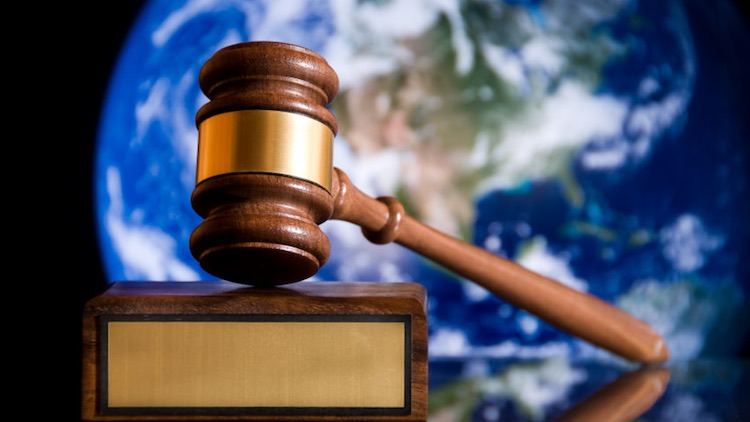Court: Recording Police Is Protected Speech

The smarter way to stay on top of broadcasting and cable industry. Sign up below
You are now subscribed
Your newsletter sign-up was successful
In a decision in a ripped-from-the-headlines issue, a federal appeals court has held that recording video of police officers in the act of performing their duties is protected First Amendment speech.
The issue is a hot-button one given the recent incidents of officer-involved shootings captured on cell phones and other recording devices.
"[T]he First Amendment protects the act of photographing, filming, or otherwise recording police officers conducting their official duties in public," said a three-judge panel of the U.S. Court of Appeals for the Third Circuit.
It was reversing a district court finding that recording was not a First Amendment activity because it was not "sufficiently expressive."
The panel said the case was not about whether or not the plaintiffs have expressed themselves but about whether there was a First Amendment right of access to information about how public servants operate in public. The panel said there definitely is.
The case involved the Philadelphia Police Department preventing bystanders from recording officers at an anti-fracking protest attempting to make an arrest and/or retaliating for the recording.
"We ask much of our police," said the appeals court panel. "They can be our shelter from the storm. Yet officers are public officials carrying out public functions, and the First Amendment requires them to bear bystanders recording their actions. This is vital to promote the access that fosters free discussion of governmental actions, especially when that discussion benefits not only citizens but the officers themselves. We thus reverse and remand for further proceedings."
The smarter way to stay on top of broadcasting and cable industry. Sign up below
Not surprisingly, news outlets had weighed in in support of the plaintiff's appeal to the Third Circuit.
(Photo via Tori Rector's Flickr. Image taken on July 21, 2016 and used per Creative Commons 2.0 license. The photo was cropped to fit 3x4 aspect ratio.)
Contributing editor John Eggerton has been an editor and/or writer on media regulation, legislation and policy for over four decades, including covering the FCC, FTC, Congress, the major media trade associations, and the federal courts. In addition to Multichannel News and Broadcasting + Cable, his work has appeared in Radio World, TV Technology, TV Fax, This Week in Consumer Electronics, Variety and the Encyclopedia Britannica.

